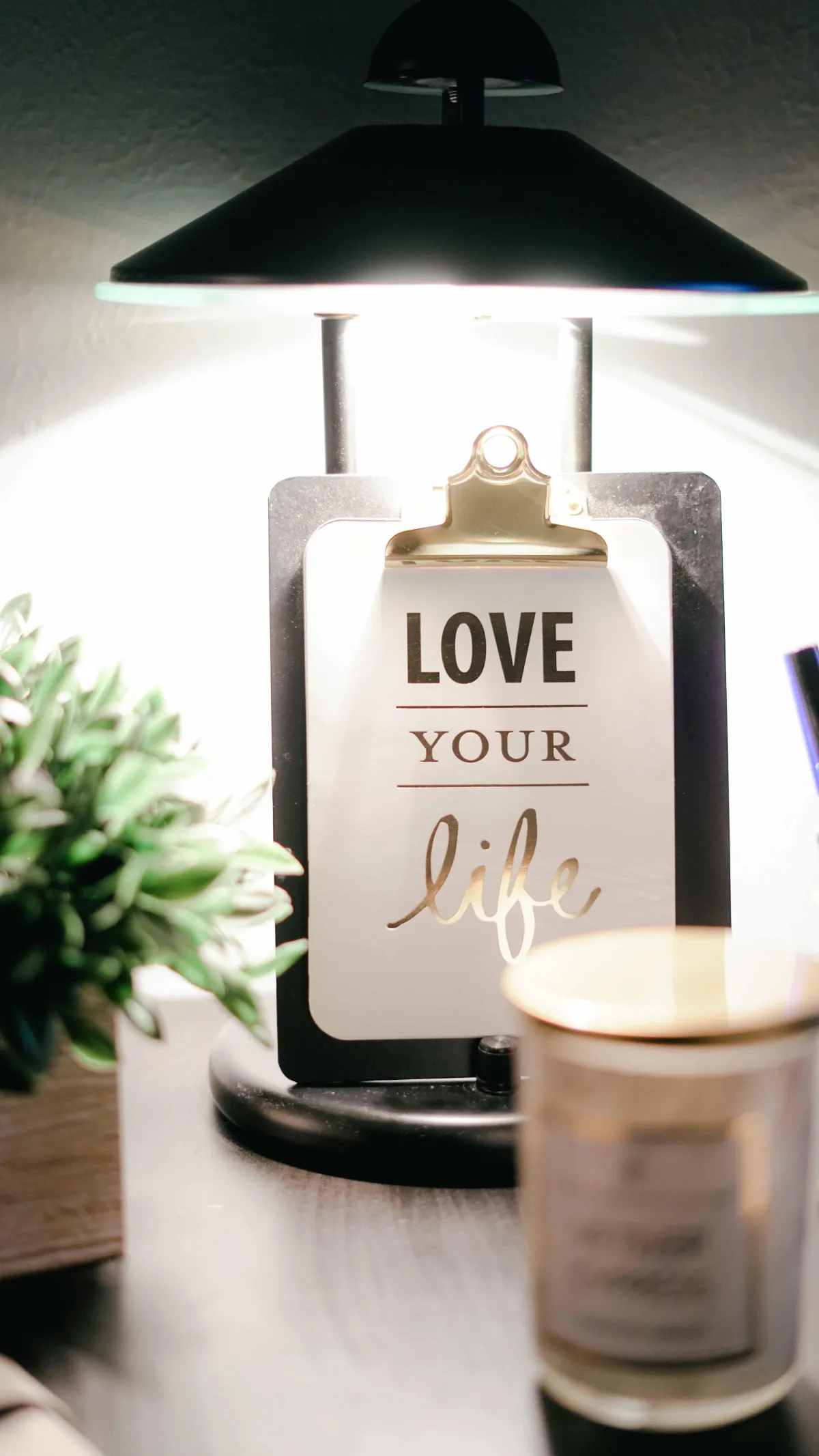DISCOVER
who you are.
TRANSFORM
your life.
LIVE
your dreams.
Resources
I have collated a few resources you might find useful below...

Find Clients Quickly
This Free Guide Provides you with actionable steps to find clients quickly. Including a free 7 day challenge if you want to kickstart your client finding journey.
Balancing Act - Your guide to a better Work-Life Balance
Discover my top tips on how to get and sustain an amazing work-life balance when you run your own business.
Imposter Syndrome Guide
Imposter syndrome has many different aspects to it, whether you recognise the signs or not, this guide will help you get a deeper understanding of the different types of imposter syndrome and give you some tips to overcome it.
Free Facebook Group
Join my Free Facebook Group of small business owners, freelancers and coaches looking to find their FLEX, grow their business and feel fulfilled in life.
Blog posts...

How People-Pleasing and Perfectionism Affect the Nervous System
Perfectionism and people pleasing are often seen as personality traits, often even praised as signs of high standards, kindness or work-ethic.
But underneath, these behaviours are often learned survival responses driven by stress.
In the world of nervous system regulation, this is part of fawn response - a state where we suppress our own needs, emotions and boundaries in order to stay safe, liked or in control.
These responses probably helped you navigate your childhood, work culture and family life. But over time, they become exhausting - especially for women in caregiving roles, navigating burnout, hormonal shifts or chronic overwhelm.
The longer you stay in this mode, the more it affects your stress hormones, emotional wellbeing, immune health and energy levels.
People Pleasing and Perfectionism are Nervous System Strategies
What if people pleasing isn't about being "too nice" but about staying safe?
What if perfectionism isn't about high standards - but about avoiding criticism, rejection or shame?
These patterns usually form in childhood or in stressful situations, when you learned that being easy, helpful or high-achieving kept you safe, accepted or loved.
Your nervous system learnt those rules, and now when faced with stress in certain situations, it defaults to:
suppressing your needs
avoiding conflict
over-functioning
making others comfortable at your own expense.
This is part of the Fawn response, just as valid as fight or flight, but often misunderstood.
What the Fawn Cycle Looks Like
The fawn cycle is when you are smiling but your jaw is tight. It's when you are calm on the outside but tense inside. Its when you say yes, but feel heavy as soon as you so.
Over time, it creates a loop of chronic self-abandonment:
You override your body's cues to stay liked or approved of
Your nervous system gets no space to complete the stress cycle
You feel more disconnected, flat, resentful or numb
You try harder to be "good" to feel in control again.
It might even look like feeling guilty for resting, or a fear of people thinking you are selfish if you stop being the reliable one. But the longer you stay in the loop the more dysregulated your nervous system becomes - often leading to hormonal disruption, sleep issues, anxiety, gut symptoms and burnout.
Signs You are Stuck in People Pleasing Mode
You say yes when you want to say no
You fear disappointing others more than betraying yourself
You overcommit, overdeliver or overthink everything
You feel guilt when you rest or prioritise your needs
You feel like everyone sees calm but inside you are tense or low
You feel flat, disconnected or don't know what you want anymore
These are all signs you body has adapted to stresses in your environment at some point - but you are allowed to outgrow these survival strategies.
How to Unlearn these Patterns
You don't need to change personalities to heal your people pleasing patterns. You just need to get calm enough to listen to your needs and strong enough to not override them.
Notice when you override yourself - pause and ask yourself "is this a real yes, or am I trying to make them happy?"
Build safety around saying no - Start small, say no to something that is neutral or doesn't really matter - this will help your body learn that you can set boundaries without losing love.
Take a breath - when someone asks for your time or energy, take a deep breath and give yourself space to choose, not just react.
Rest, unapologetically - Lie down, cancel something, sit in silence. Small acts of rest teach your nervous system that you are safe, even when you are not productive.
Learning to feel sae in your own body is a huge step when you are used to people pleasing and perfectionism. Your nervous system doesn't need more pressure, it needs permission to rest, feel, be messy and take up space. Once you start honouring that, your energy will return, your mood will lift and you will start to feel more like you.
If you need more support in this journey, take a look at Your Calm Comeback a 4 week, 1:1 coaching experience to help you find calm again.
Find me on:
